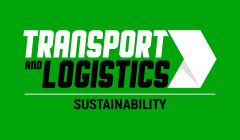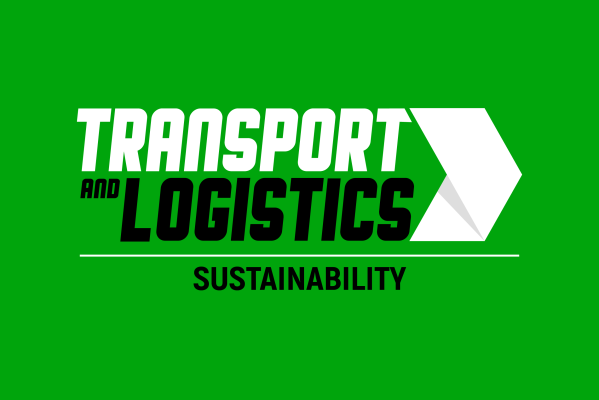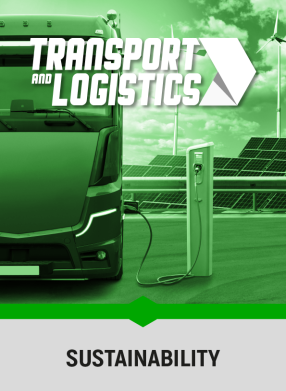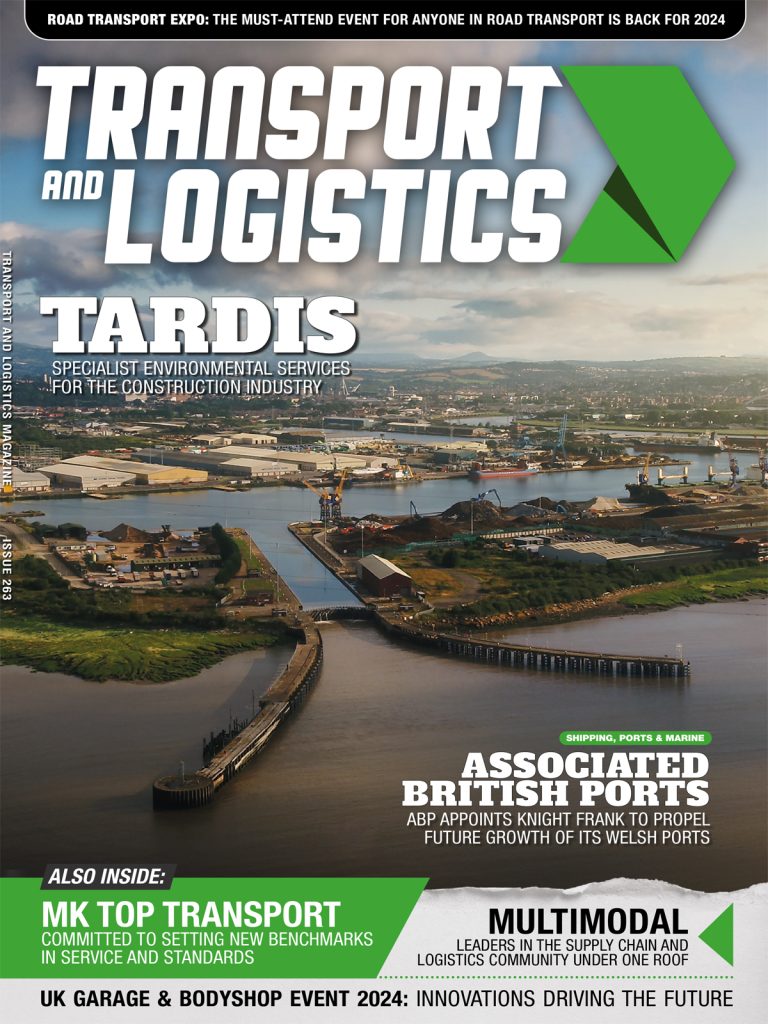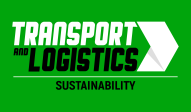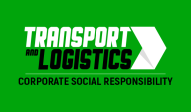Over the last few years, companies have been working towards making their operations more sustainable and environmentally friendly. However, despite all of the effort that is being put in, through the installation of solar panels and wind turbines, companies are still failing to significantly reduce the amount of energy that they use in their operations.
The lack of impact from these more noticeable energy saving processes is costing their shareholders as well as continuing damage the environment. Ecolighting has suggested that being visible in their energy saving efforts with solar panels and wind turbines or planting more flowers and trees in public spaces, there are more rudimentary changes that can be made that would have a more significant impact. David Fanthorpe, the Senior Lighting Systems Designer for the Leicestershire based Ecolighting has said that delivering on a more realistic energy efficiency policy would have more of the desired impact and cut costs and energy usage for companies.
Within a range of different industries it has been found that lighting is a company’s biggest use of energy. In warehousing and distribution centres it has been calculated that the lighting could attribute to about 70% of the total annual energy costs. Therefore it is vital for companies to install more energy efficient lighting systems.
Ecolighting deliver this service and can upgrade old and inefficient lighting in favour of modern LED luminaires that are ultra efficient and can lead to a significant reduction of running costs. The use of these more modern systems also causes a reduction in the CO2 emissions related to lighting. Ecolighting have also shown that for one of their logistics clients, upgrading their lighting systems has cut their lighting bill from £6116 to £937. This has been a reduction of 83% in lighting costs and having a more significant impact on the energy efficiency of the company’s operations.
